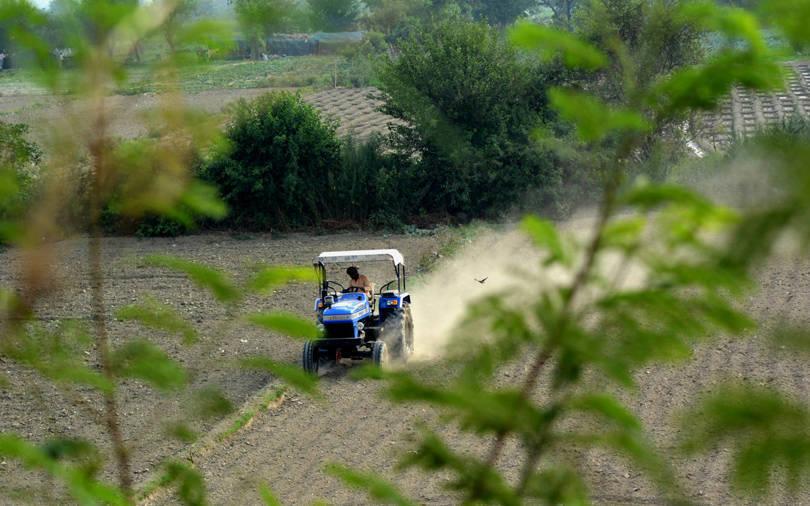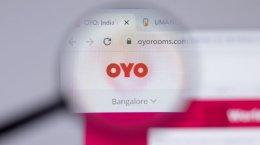The Narendra Modi government on Thursday unveiled the second set of measures that are part of its promised Rs 20 trillion ($266 billion) package to restart the economy hit by the lockdown to control the coronavirus pandemic.
The government plans to distribute free food to millions of migrant workers, launch a rental housing scheme for urban workers and offer a refinancing facility to farmers, finance minister Nirmala Sitharaman said.
Thursday’s announcements targeted the most vulnerable sections of the society including migrants—who have been hit the hardest by the two-month-long lockdown—as well as farmers, tribals and street vendors.
The first round of measures, unveiled on Wednesday, had focussed mainly on micro, small and medium enterprises, power distribution companies, non-bank lenders, housing finance companies, and real estate developers.
India imposed a nationwide lockdown beginning March 25. The lockdown has been extended twice and is set to end on May 17, but Modi has already indicated that it would be extended again albeit with more relaxations.
The lockdown brought business and economic activity to a standstill, and the government is now trying to gradually reopen the economy even though the number of infections is steadily rising. India now has more than 78,000 coronavirus cases and the death toll has crossed 2,500.
Sitharaman said the government will provide free food worth Rs 3,500 crore to migrant workers. The government will also make ration cards portable to allow migrants to get food benefits across the country. Besides, it plans to launch a rental housing scheme for urban migrants through a public-private partnership, she said.
The finance minister also announced a special lending programme worth Rs 5,000 crore for street vendors, a Rs 6,000-crore afforestation scheme for the tribal population and a Rs 30,000-crore refinance facility for farmers. The government, she said, is also looking to extend 25 million credit cards to farmers to create credit worth Rs 2 trillion.
Sitharaman also extended a credit-linked subsidy scheme for middle-income families for affordable housing by one year to March 31, 2020. She said that on top of the 3.5 lakh people earning between Rs 6 lakh and Rs 18 lakh a year, who have already availed of this scheme, another 2.5 lakh people may benefit from this programme. This extension, she said, could generate business worth Rs 70,000 crore.
Rahul Bajoria, chief India economist at Barclays, estimates that Thursday’s measures add up to Rs 2.46 trillion of incremental monetary support by the government.
This means the government is yet to announce details of an incremental Rs 4.25 trillion that is part of the Rs 20-trillion package, he said.
However, a big chunk of the Rs 20-trillion package comprises liquidity measures undertaken by the Reserve Bank of India and credit lines announced by the government. The actual cash injection into the economy is far lower.
Bajoria said the actual fiscal impact of today’s steps will only be Rs 11,000 crore. This brings the total cost of additional incentives announced so far to Rs 66,500 crore, or just 0.34% of gross domestic product.
This leaves the government with room for another Rs 1.24 trillion of incremental spending, he estimates.






